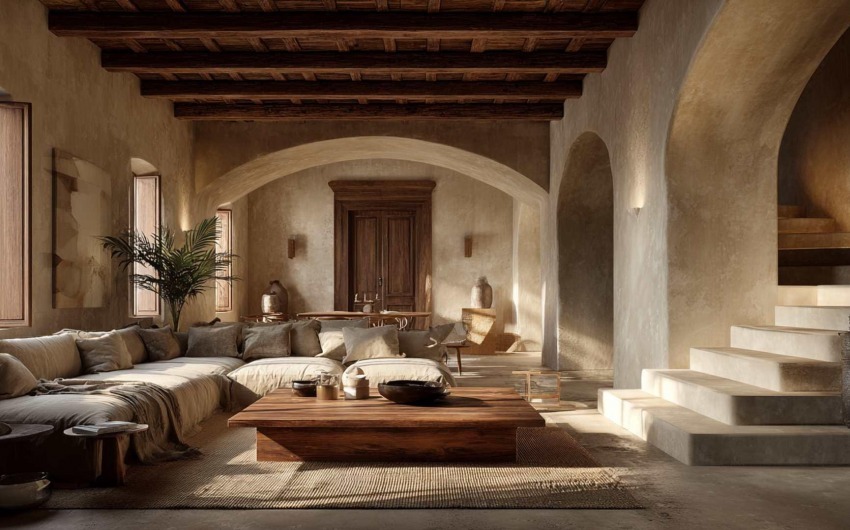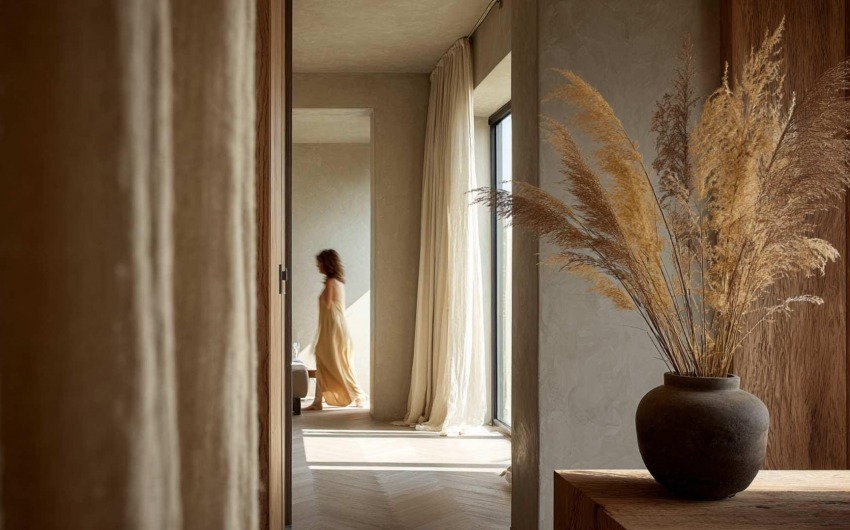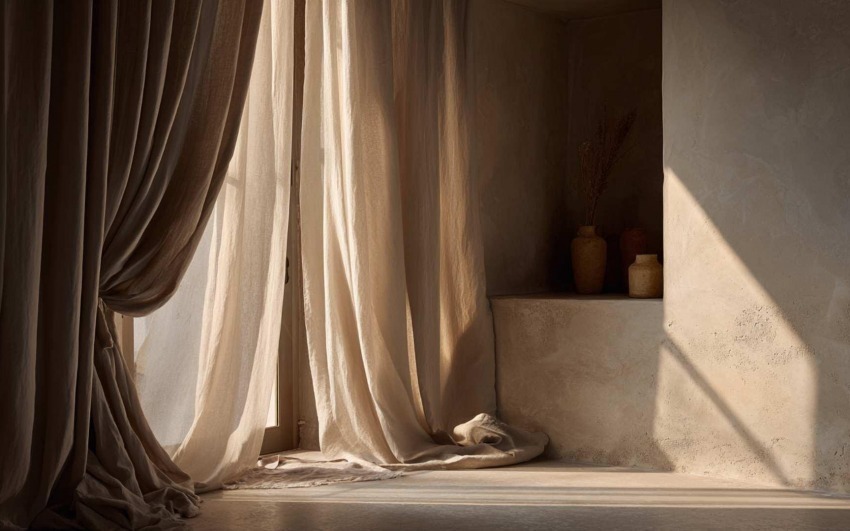9/27/2024
What is Retro-Futurism?
Retro-futurism stems from the idea of a "future imagined" through the lens of the past. Think of the 1960s and 1970s, when design was dominated by curved lines, geometric shapes, metallic materials, and bold colors, combined with optimism for technological advancement.
This style reflects a vision of the future that today, with modern technology, we can make both tangible and functional.
Key Elements of Retro-Futuristic Design
Vintage Furniture and Advanced Technology: A defining feature of retro-futuristic design is the use of vintage or retro-inspired furniture paired with cutting-edge technology. For example, an old record player can be combined with a modern sound system, creating a contrast between nostalgia and innovation.
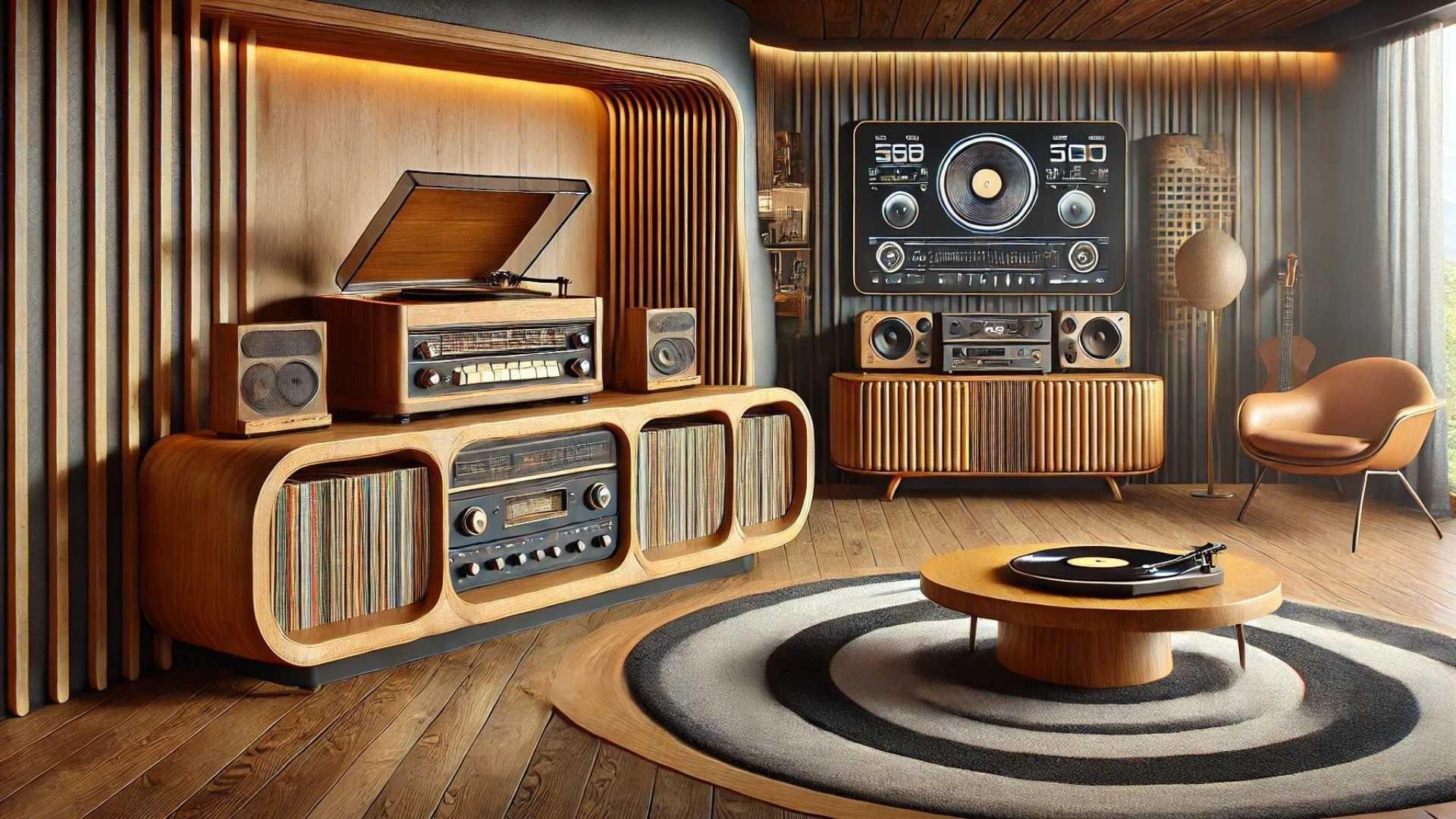
Bold Colors and Shiny Metals: Typical retro-futuristic colors include vibrant shades such as orange, turquoise, and olive green, often juxtaposed with chrome or metallic surfaces that evoke the space-age and futuristic aesthetics of the past.
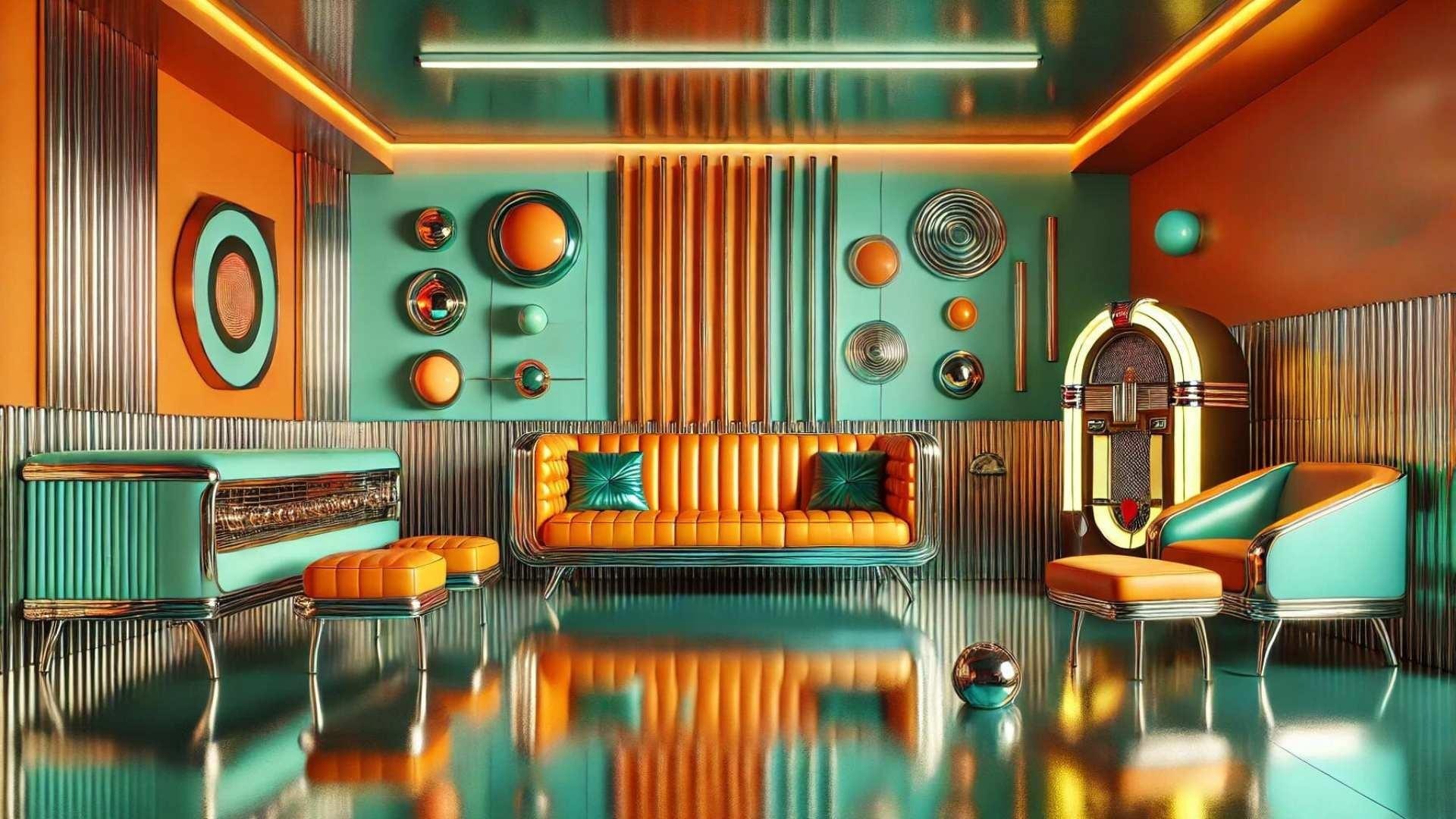
Futuristic Lighting: Lighting plays a central role in this style. Geometric-shaped lamps with metallic finishes, often inspired by space design, can be integrated with LED or smart technology to create an atmosphere that is both retro and modern.
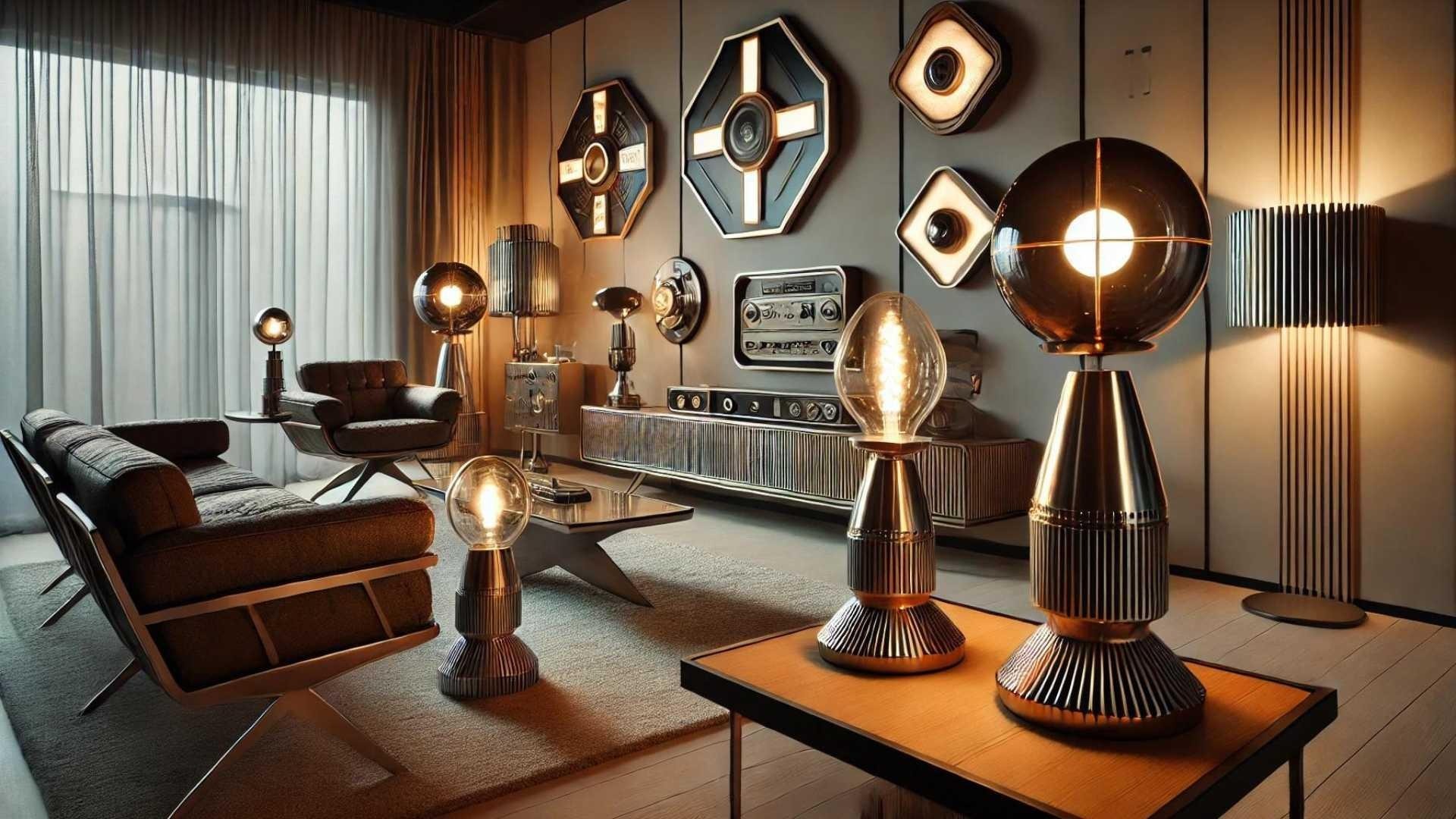
Materials and Textures: The contrast between natural and synthetic materials is characteristic of retro-futurism. Wood, leather, and textiles can be paired with glossy plastics, glass, and reflective surfaces, evoking a blend of vintage comfort and high-tech future.
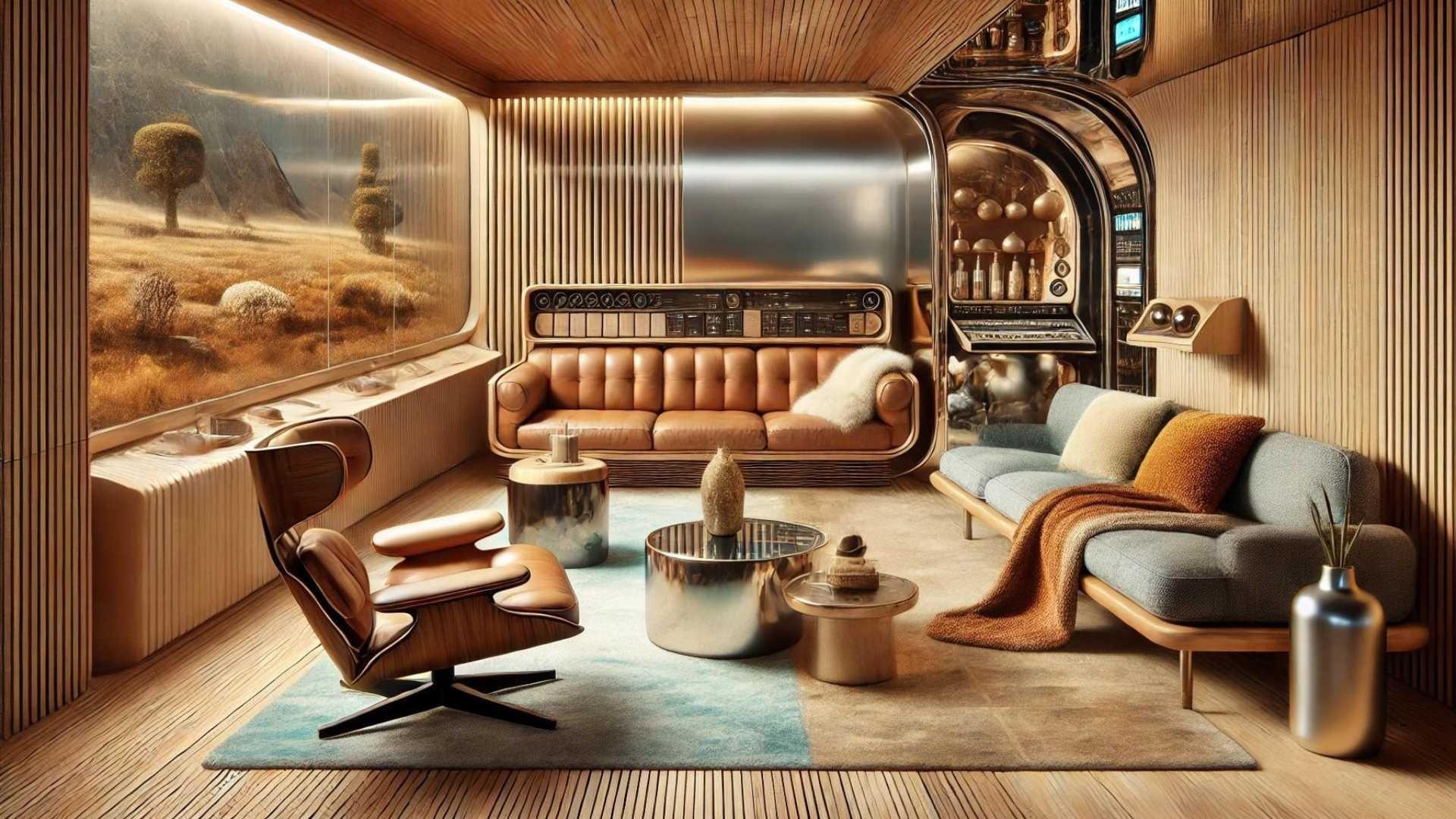
How to Incorporate Retro-Futurism into Your Home
To adopt this style in your home, you can start with small changes. Replace modern furniture with vintage or 1960s-inspired pieces and integrate contemporary technology such as voice assistants or smart home systems. Experiment with lighting and add metallic or chrome details for a futuristic touch.
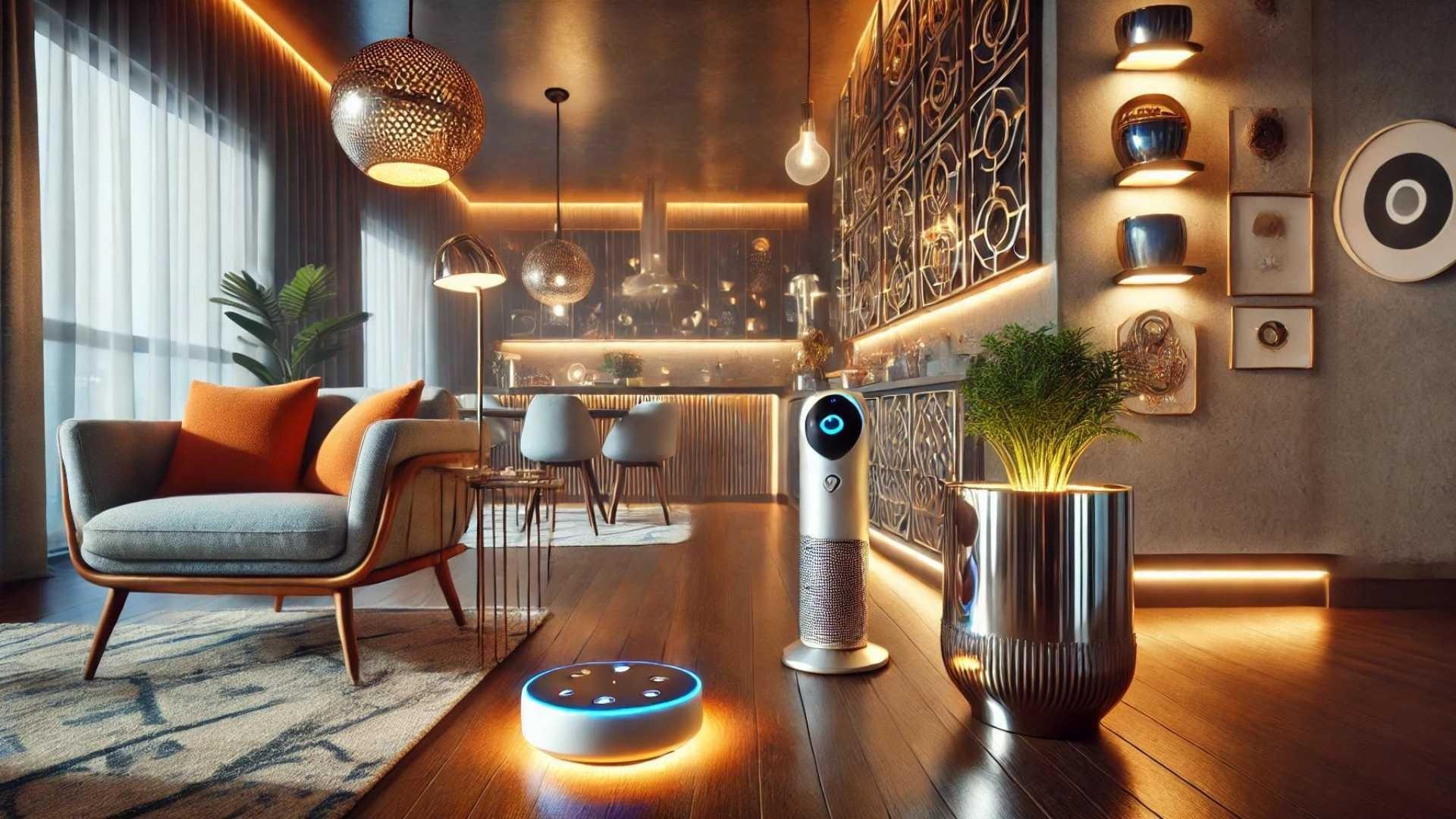
Retro-futuristic design represents a fascinating fusion of past and future, creating spaces that evoke both nostalgia and innovation. By skillfully combining vintage elements with modern technology, you can create unique environments that reflect both the romance of the past and the excitement of the future.
_14077b47db_23.jpg)
Interior Designer since 1985
CEO & Founder, Italian Design in the World
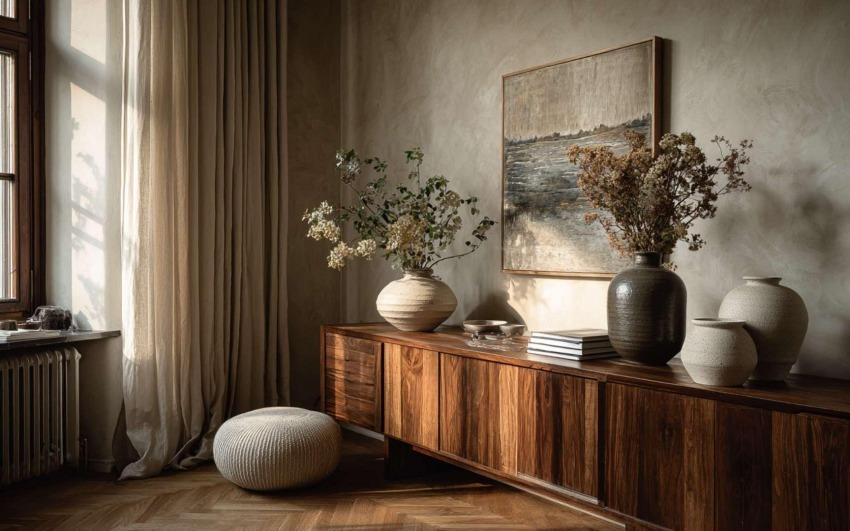
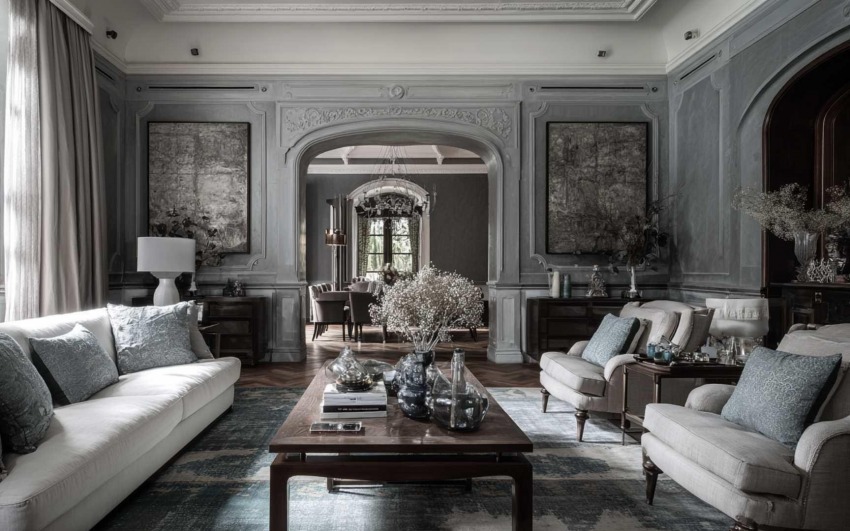
_c49d85500f_642.jpg)
